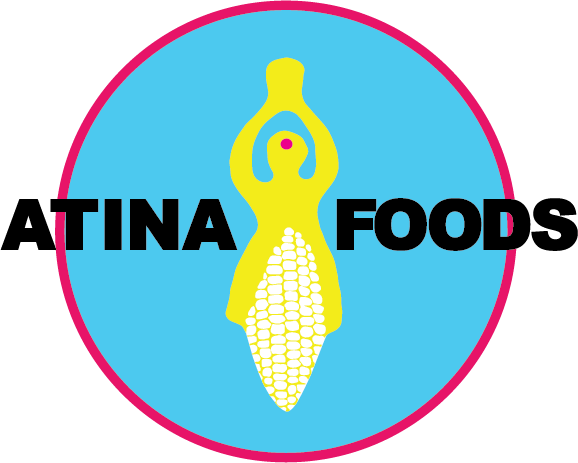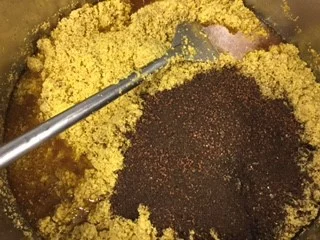One of the first question that we keep hearing from our new customers who visit us in the farmer's markets and other places is that whether Inji Puli , "hot and spicy?" . I found this question extremely complex because there is no way anyone can give any straight answer as these terms "hot and spicy" essentially represents an amazing range of taste variations and spice combinations, which are evolved through several centuries human interactions with nature. I do understand the meaning of hot and spicy in a general sense as pepper hot or chilly hot which for many, is the "taste" which most likely they have acquired from "Indian restaurants". The term hot and spicy is thus linked to another two extremely complicated words , India and restaurants.
Ever since the ill fated ship of the Sailor European discovered new continents for himself, many parts of the globe came to be classified under the term India for various strange reasons . The real India became East India and newly discovered regions in the Americas and Caribbean became West Indies and native people inhabited in both parts of the globe became Indians. The mistaken Indians and real Indians who chose to live in their own geographical areas for ages suddenly connected through a word, India, which continue to be one of the most problematic expression of assimilation and categorization of humans on this planet. For me, as an Indian national from South Indian region of Kerala who grew up in North India, presently live in Catskill meeting countless people who are being called as Native Indians by Europeans and a massive network of Diasporic Indian from all over the world as a by product of the same discovery often very difficult.
As a sequel to this complexity, is the word restaurant, which also seems to have roots in the strange Indian discovery. Many social historians pointed out the existence of community kitchens all over the world before this age of Indian Discovery. I feel that Community Kitchens have been the way in which human communities functioned on this planet, by creating their own public spaces for sharing of produces and cooked food, a kind of system where we took care about each other and all the living beings around with equanimity. It was not based on the destructive profiteering ways in which majority of our present hotels and restaurants functioning.
This might have evolved from a practice of community kitchens, where knowledge of food was shared , new experiments on culinary art took place. It was the place where medicinal women and men brought their discoveries to share with others. It was in those spaces where blacksmiths, weavers, carpenters, farmers, musicians, writers and several other cognitive and cultural practitioners met and shared their experiences and knowledge. Such places gave tremendous importance to women in general as they possessed the sacred knowledge of herbs, medicinal plants and healing systems. It was not driven by money or profit but by compassion and love. Such spaces were liberally supported by rulers and poor always have resources for a free meal to eat with everyone around.
This knowledge sharing underwent tremendous transformation particularly among people collectively categorized as to make Indian food, which was born from the motives of making profit through standardization and eventually under corporate control. Like any other labels, the Indian label of food and hotel- restaurant running business models and practices are based on algorithms are designed after profiteering not building up on the moral and ethical values of community kitchens.
It is very difficult understand the complexity of the taste of Inji Puli, a great recipe evolved in Kerala many thousand years who understood how to cook raw turmeric, raw ginger, fresh tamarind, whole spices together and create a taste which is so unique and exhilarating as our friends in Farmers say.
I also feel that Inji Puli IS hot and spicy.
- You can find our Inji Puli in the store!
our last batch


